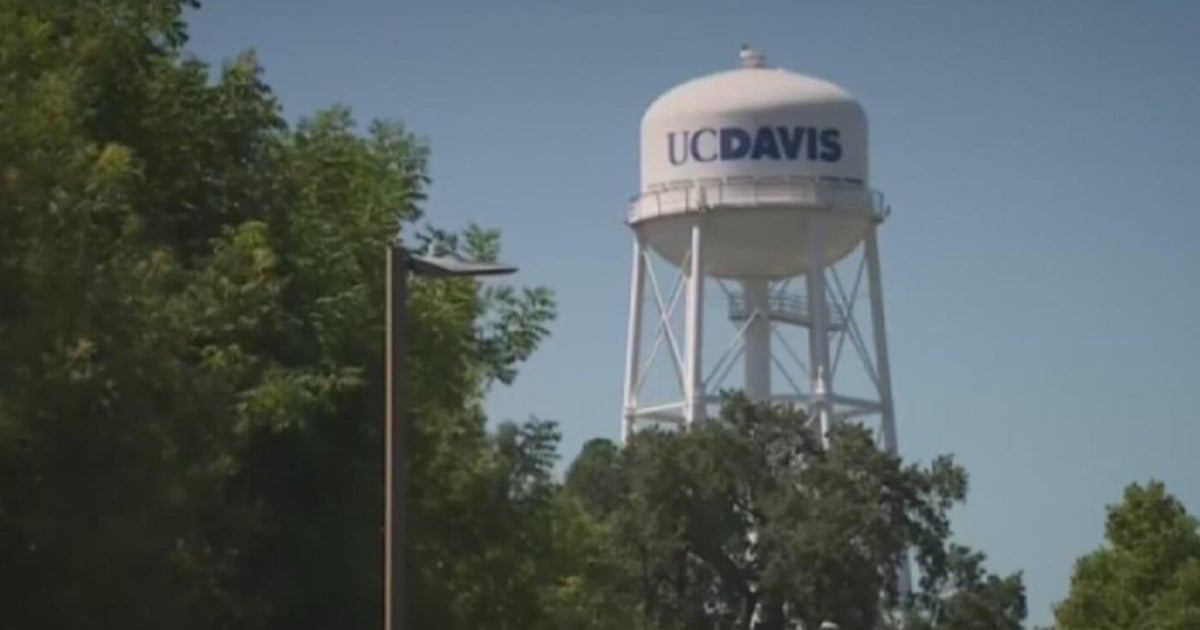Tale Of The Tape: Giants vs. Patriots
By Zach Finkelstein
Long after the final patron had departed from University of Phoenix Stadium following Super Bowl XLII in Feb. 2008, and well after the lights had gone out on yet another NFL season in the books, the images and memories of an unforgettable evening remain etched in the minds of many. Four title games ago, the New England Patriots did not simply drop a Super Bowl to the New York Giants. To characterize the defeat as such would be an oversimplification of the highest ilk.
If you ask them, Patriots fans will talk about being denied the chance to witness perfection, and the despair of having hope stripped away when New York quarterback Eli Manning completed a magical, game-saving throw to David Tyree before officially securing his spot in Super Bowl lore with a title-winning touchdown pass to Plaxico Burress. From sports deities to the devastated with only 0:35 to play, New England witnessed its dynasty disintegrate on one Sunday gone completely awry.
In 2008, the Pats missed the postseason altogether before early playoff exits during each of the subsequent three forced them to become Super Bowl spectators. But now they are back. Back on the big stage with a chance to win it all against a Giants squad that pulled off the upset in arguably the superlative game in Super Bowl history.
Will the Patriots manage to exact revenge in Super Bowl XLVI? Let's try to surmise by taking a position-by-position look at the game's participants.
Quarterbacks: There was plenty of derision to go around during an August interview when Eli Manning claimed to be in Tom Brady's class. Undeterred by the disbelievers, Big Blue's signal caller threw for 4,933 yards with 29 touchdowns to 16 interceptions during the regular season. Manning's modus operandi was to win late, as he rallied his squad to seven fourth-quarter comebacks (including the NFC Championship Game win over the 49ers). One of those triumphs came against the Pats in Week 9, when Manning orchestrated an eight-play drive that was capped by a 1-yard touchdown to tight end Jake Ballard with 15 seconds to play.
The man to whom Manning compared himself, Tom Brady, recorded his first 5,000-yard season (5,235 with 39 touchdowns) in 2011. New England's quarterback did not stop there, opening the playoffs by obliterating the Broncos' secondary in the divisional round before he was finally reeled in by the Ravens during the AFC Championship Game.
The many highs and sporadic lows are all in the past for the Patriots' prodigal football son, who's focused on joining Joe Montana and Terry Bradshaw as the only signal callers to win four Super Bowls.
Quarterback edge: Patriots. Manning might be the hotter quarterback, but Brady's body of work cannot be ignored.
Running backs: The Giants wrapped up the regular season with the NFL's worst ground game -- thanks in large to a paltry 3.6 yards per carry average through Week 15. The aforementioned stat means nothing right now, however, as Big Blue's running backs began to bump their performance toward the end of the regular season. In the AFC title game, New York gained 85 yards on the ground against an excellent run-stuffing San Francisco squad. The Giants will likely ask Ahmad Bradshaw and Brandon Jacobs to move the ball just enough to keep New England from guarding too heavily against the pass.
Don't expect the Patriots to rush the ball all that much, either. New England's best running back is BenJarvus Green-Ellis, who led the team with 667 yards and 11 rushing scores during the regular season. Danny Woodhead ran six times vs. the Ravens and could wind up with as many attempts against Big Blue.
Rushing edge: Wash. Expect both teams to air it out. Eli Manning was asked to do so 58 times in the rain against the 49ers, and there is no reason to expect the Giants would rely on something other than their quarterback's right arm in the climate-controlled dome that is Indianapolis' Lucas Oil Stadium.
Wideouts and tight ends: Hakeem Nicks and Victor Cruz might have been the best 1-2 wide receiver punch during the regular season when Nicks compiled 1,193 yards and seven scores through the air while his partner in crime Cruz lit up defenses with 82 catches for a franchise-shattering 1,536 yards as an NFL sophomore. The tandem has not stopped terrorizing teams during the playoff run: Nicks recorded six catches for 115 yards and two touchdowns in the wild card round against the Atlanta Falcons before lighting up the Packers with seven receptions for 165 yards and another pair of scores. Cruz assumed the lead role against the hard-hitting Niners, against whom he caught 10 passes for 142 yards. The Giants' top tight end, Jake Ballard, recently conceded that he led a unit that was inferior to New England's. Ballard was stating the obvious, but remarks of that nature are rarely uttered by pro athletes, an elite species that is fueled by extreme confidence that sometimes borders on delusion.
I wrote the following about New England's tight ends before their AFC Championship Game win:
"Never has the National Football League seen the likes of the two-headed tight end monster that is Rob Gronkowski (6-6, 265 lbs.) and Aaron Hernandez (6-1, 245). The NFL sophomores are physical specimens and mismatch nightmares. They're too big to be covered by a safety, and too fast to assign to a linebacker. Gronkowski demolished opponents during the 2011 regular season, compiling 90 receptions for 1,327 yards and 17 touchdowns -- a new record for tight ends. Hernandez was ridiculous, as well, catching 79 balls for 910 yards and seven scores. If this doesn't have Ravens fans shaking in their purple boots, the thought of Wes Welker will send them into full-blown fear mode. The Patriots' top wideout led the NFL with 122 receptions for an AFC-best 1,569 yards en route to being named a first team All-Pro. And don't forget Deion Branch. The Broncos did last week, and it resulted in a 61-yard touchdown reception."
The Giants were able to somewhat limit the damage done by New England's tight ends in Week 9 by assigning either Michael Boley or Jacquian Williams to Gronkowski while covering Hernandez with a safety. The strategy worked to an extent, as New England's tight end tandem combined for 12 catches for 136 yards and a pair of scores. Shutting this duo down, when they're healthy, may very well be a pipe dream.
Good health, however, has avoided Gronkowski, who missed the Patriots' first Super Bowl practice Thursday because of a left ankle injury sustained in the third quarter of New England's playoff win over the Ravens. The Pats' top tight end was spotted in a walking boot but expects to play in the Super Bowl.
Receiving edge: Patriots. The Giants' have a stellar pair of pass catchers, but the Pats possess more depth here.
Defense: One of sports' most-used clichés is that defense wins championships. Well, the Giants finished the regular season with the 27th-best defense in the league, only a few spots ahead of the 31st-ranked Patriots. With that said, both teams have improved their defensive play of late.
Big Blue's defensive line, which coalesced right before the start of the playoffs, combined for 11 sacks during the final two regular-season contests before the Justin Tuck, Osi Umenyiora and Jason Pierre-Paul led pass rush spent the NFC playoffs knocking down, hurrying and flustering opposing quarterbacks.
One could argue that the Patriots' defense was among the worst in NFL history during the regular season. The unit ranked 31st with 411.1 yards allowed per game, a total that was negatively affected by an extremely porous and injury-prone secondary that has played 16 men -- including wideout Julian Edelman -- at one point or another since the start of the season. The unit has seemingly treated the playoffs as a fresh start, however, dominating Tim Tebow's Denver Broncos before coming up clutch (albeit in a less-dominating fashion) against Baltimore.
Defensive edge: Giants. The improved Patriots' defense is too vulnerable to the big gain, having allowed an NFL-worst 79 plays of 20 yards or more during the season. Manning should have fun against New England's secondary, which will be spliced if 350-pound Vince Wilfork pressures the Giants' signal caller.
Special teams: Giants kicker Lawrence Tynes, who booted Big Blue into the Super Bowl with his overtime field goal against the Niners, converted 19 of his 24 field goal attempts during the regular season, and punter Steve Weatherford recorded a career-best 45.7 yards/punt average (39.2 net). Big Blue's return game was not particularly pretty, however; the unit finished the season ranked 29th with a 6.1 yard average on punts and 22nd with 23.3 yards on kickoffs.
Patriots' kicker Stephen Gostkowski converted 28 of 33 (84.8 percent) of his field goal attempts during the regular season, and Zoltan Mesko averaged 46.5 yards (41.5 net) per punt (he was only asked to boot the ball 57 times, however). New England's kickoff returners are Danny Woodhead and Julian Edelman, who averaged 10.6 yards in handling punt return responsibilities as well.
Special edge: Wash. Both teams have a dependable kicker and punter. There is nothing to write home about, however, regarding the return games.
Zachary Finkelstein is a contributing writer to CBS Local and a graduate of Northeastern University.



